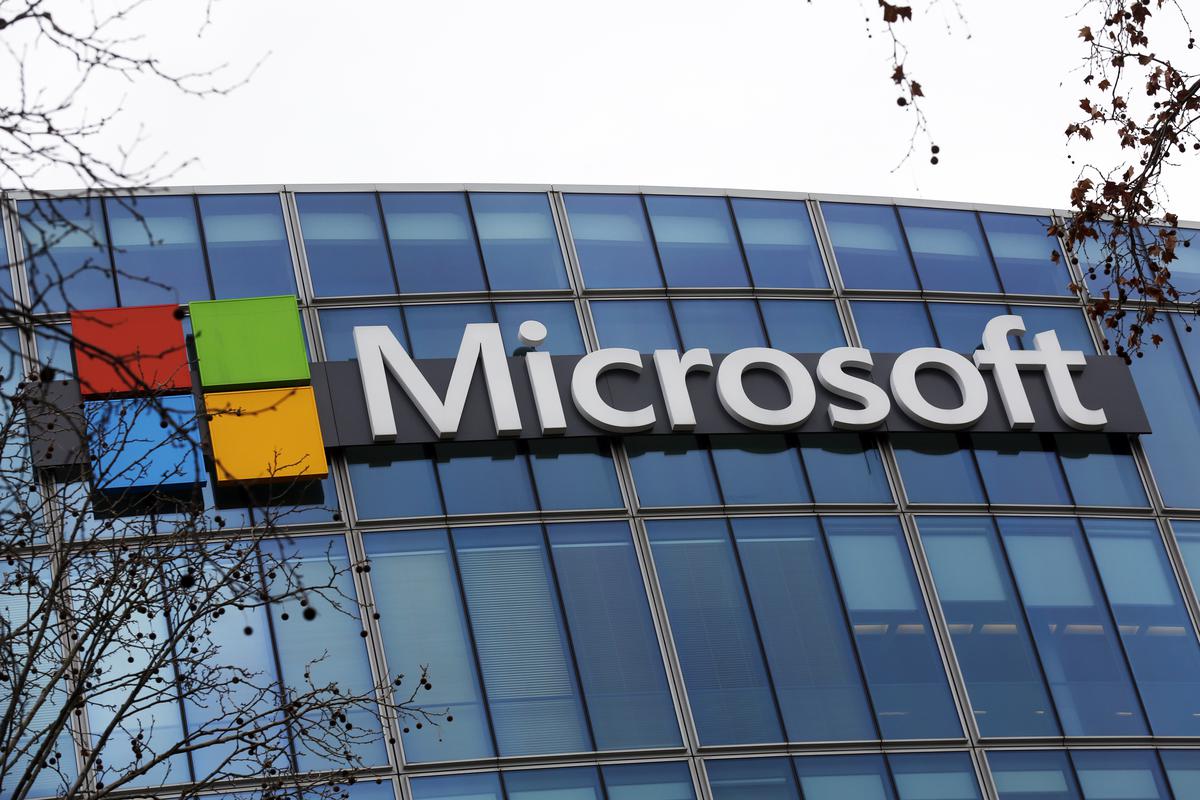Microsoft is currently embroiled in a dispute with the Internal Revenue Service (IRS) over an alleged $28.9 billion in unpaid taxes. The contentious issue stems from a lengthy audit conducted by the IRS covering the period from 2004 to 2013. In a recent filing with the Securities and Exchange Commission (SEC), Microsoft confirmed the IRS’s determination and highlighted potential penalties and interest that may accompany the tax bill.
Key Takeaway
Microsoft faces a $28.9 billion tax bill, plus penalties and interest, following an IRS audit. The dispute revolves around alleged unpaid taxes stemming from historical accounting practices. Microsoft intends to appeal the IRS’s proposed adjustments and believes it has always complied with tax regulations.
The Background
The audit in question dates back nearly a decade when the IRS started cracking down on large corporations that were utilizing overseas tax havens to shield profits. Microsoft became a target of the IRS’s investigation due to its alleged movement of “at least” $39 billion in profits to Puerto Rico. The company employed a strategy where it transferred its intellectual property (IP) to a small factory it owned on the Caribbean island.
After years of legal battles and political wrangling, the matter remains unresolved. In January, Microsoft lost a lawsuit attempting to compel the IRS to release thousands of records related to the audit. Now, the company faces the possibility of paying $28.9 billion in taxes, although it believes the amount may be reduced by up to $10 billion. Microsoft argues that the IRS neglected to consider the taxes it paid under the Tax Cuts and Jobs Act (TCJA), a legislation aimed at reducing taxes and encouraging corporations to repatriate foreign profits at a one-time tax rate.
The Changing Landscape
The corporate landscape has significantly transformed over the past two decades. In 2004, the most valuable companies in the world were primarily traditional firms in sectors such as energy, finance, pharmaceuticals, and retail. However, Microsoft, along with Intel, stood as noteworthy technology outliers on the list. Fast-forward to the present, and the top 10 valuable companies are predominantly technology companies. Microsoft, now valued at $2.5 trillion, sits in second place behind Apple, which briefly touched a $3 trillion valuation.
While it is challenging to quantify the extent to which Microsoft’s growth can be attributed to its accounting practices, the potential $29 billion tax payment is significant. It is worth noting that the IRS has not exclusively targeted Microsoft within the tech industry. In 2019, Amazon successfully contested a $1.5 billion tax dispute with the IRS regarding assets it had transferred to its Luxembourg subsidiary over a decade prior.
The Road Ahead
According to Microsoft, the IRS sent Notices of Proposed Adjustment (NOPAs) at the end of September, officially concluding the audit for the 2004-2013 period. Nevertheless, this initiates another phase of lengthy legal proceedings as Microsoft intends to challenge the proposed adjustments. The company stated that it disagrees with the IRS’s findings and plans to appeal within the agency, a process that is expected to span several years.

























